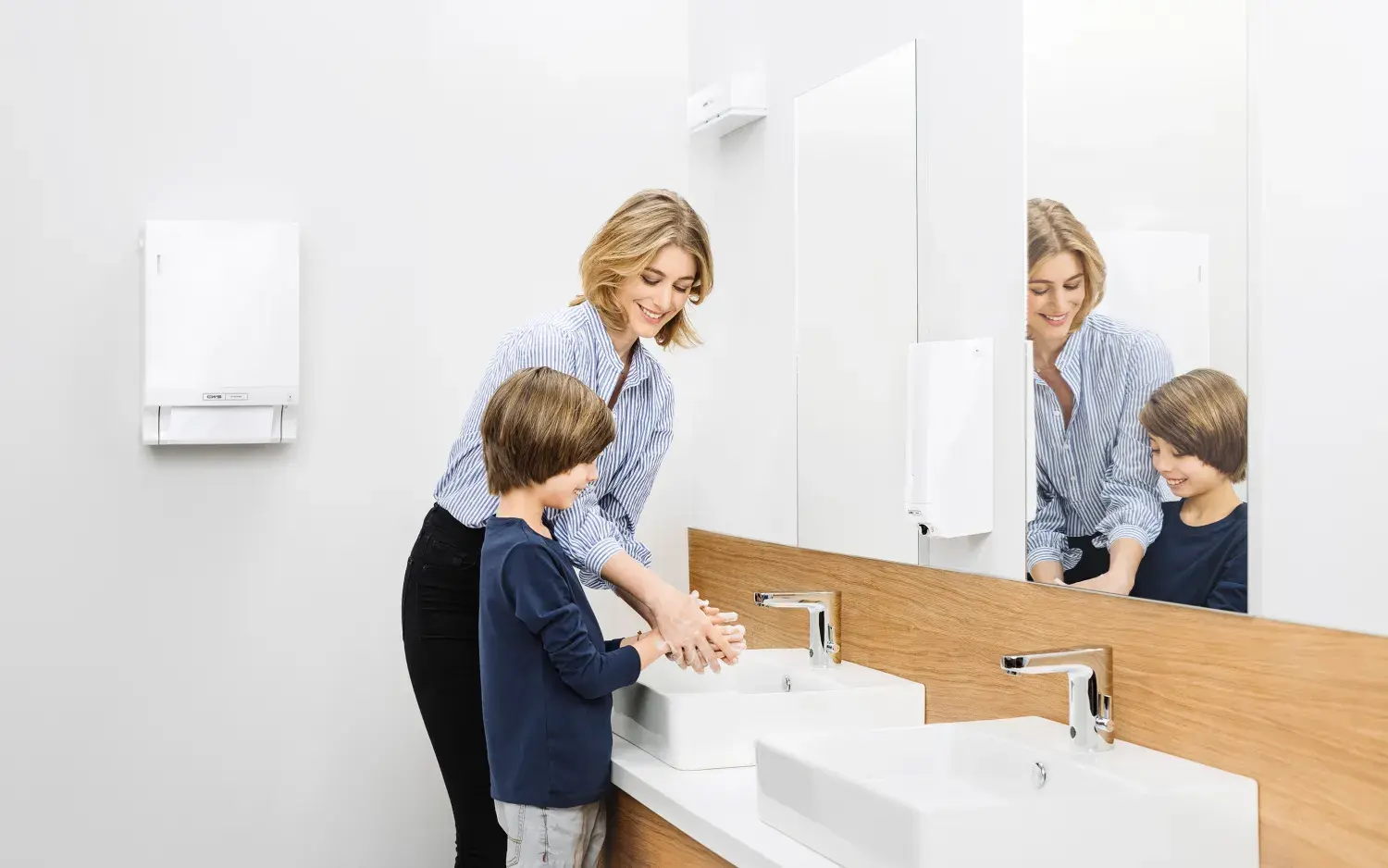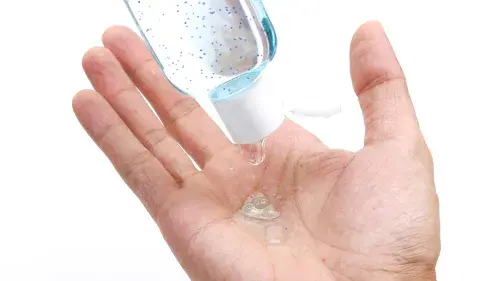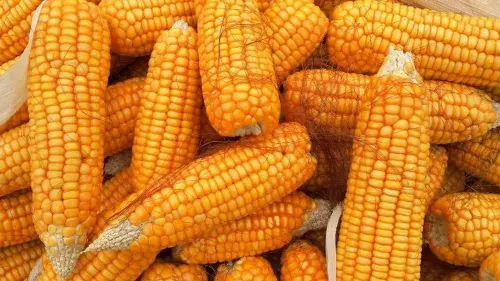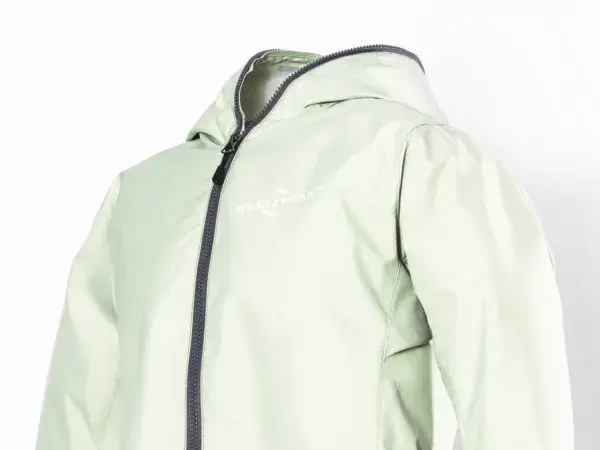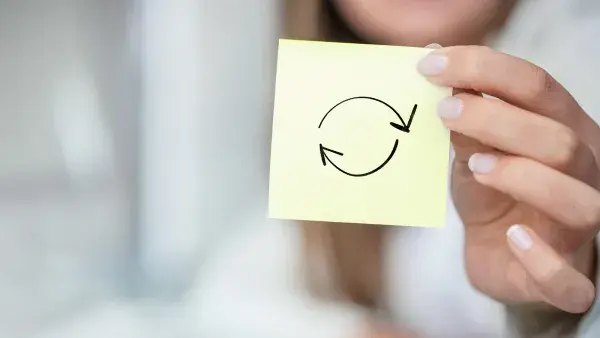The journey of the minute plastic particles
They are tiny, often barely visible to the human eye, but experts agree that microplastics pose a threat to the environment. Little by little, the miniscule plastic particles are spreading to all ecosystems on the planet.
Fish, birds, pigs, cattle and many other animals ingest them with their food. In this way, they move through the food chain and eventually end up on our plates. In late 2018, Austrian researchers were able to prove the presence of microplastics in the human digestive system for the first time.
Primary and secondary microplastics
The origin of the particles
Microplastics are microscopically small plastic particles—no larger than five millimetres in diameter. Precisely how they affect organisms is still being researched. What is clear, however, is that they are flushed into the sea in enormous quantities—approximately three million tons per year. The reason is that filters and sewage treatment plants cannot completely remove them from sewage. A large part of this is caused by abrasion from car tyres or synthetic clothing, from which small fibres are released during washing. These are known as secondary microplastics.
In addition, there are so-called primary microplastics, which are intentionally added to products. Small plastic beads are meant to improve the properties of shower gel, cosmetics or toothpaste, for example. They are also frequently found in cleaning products and laundry detergents. In these, they act as abrasive particles for mechanical cleaning.
Consciously avoiding microplastics
In order to avoid additional water contamination, we voluntarily refrain from using microplastics in all our cosmetic products and soaps. To this end, all 45 products were systematically put to the test. Wherever necessary, product developers have adapted the chemical formulas. This effort pays off for the environment, reducing microplastic emissions by 31 tons per year. With the launch CWS Abrasiva soap, which has been on the market with a revised formula since January 2020, all CWS products are now free of solid microplastics.
Wherever plastic particles were previously used, we have replaced them with natural substances, for example the abrasive particles in the new Abrasiva formula. They wash off even stubborn dirt, such as engine oil or soot. The original plastic particles have been replaced by corn cob meal, a by-product of the food and animal feed industry. The meal cleanses thoroughly, is gentle on the skin and has a low allergy potential. In addition, it is completely biodegradable. This proves that it's possible to completely dispense with solid microplastics without compromising on quality.
